Projects of Karazin University Students are Among the Winners of the Сompetition for Scientific Research from the Ministry of Education and Science of Ukraine
%20(1).jpg)
Our country is currently facing difficult circumstances. They compel us to unite and mobilize our efforts, work persistently, and show resilience, seeking light even amid darkness.
For the Kharkiv community, science remains a source of strength, shedding light of hope for the future and the rebuilding of Ukraine after the trials of war. The victory in the competition for scientific projects supports and inspires our community amid constant shelling and pressure from the enemy.
Thirteen research projects at Karazin University and three projects by young scientists from the university have successfully passed the competitive selection for fundamental scientific research, applied scientific research, and scientific-technical (experimental) developments. According to the orders of the Ministry of Education and Science (No. 1572, No. 1569), the implementation of these projects will begin in 2024 with funding from the State Budget of Ukraine.
Primary Competition
Section "General Physics":
- "Formation of negative ions and their flows in chemically active plasma," project leader — Igor Sereda.
Section "Nuclear Physics, Radiophysics, and Astronomy":
- "Highly efficient detectors of fast neutrons for demining systems based on the principle of backscattering of neutrons," project leader — Sergiy Lytovchenko;
- "Application of artificial intelligence for predicting radar scattering on complex large-sized objects to reduce visibility," project leader — Maxim Legenkiy;
- "Development of methods and means of masking critical and lethal objects in a wide radio frequency range," project leader — Mstislav Kaliberda;
- "Improving the characteristics of antenna structures to enhance the efficiency of protection (counteraction) of electronic systems (systems) of unmanned aerial vehicles," project leader — Yuri Arkusha;
- "Physical and dynamic properties of near-Earth asteroids: danger to Earth and use as sources of valuable minerals," project leader — Irina Belska;
- "Electrodynamics of vortex terahertz laser beams," project leader — Andriy Degtyarov;
- "Influence of disturbances in near-Earth space on the characteristics of radio signals in radio communication, radar, and radio navigation channels," project leader — Kostyantyn Garmash;
- "Detection and classification of explosive objects on the surface and in the ground with wideband pulse ground-penetrating radar and neural networks," project leader — Oleksandr Dumin;
- "Development of means of protection for people and equipment from microwave radiation of radar and reconnaissance stations," project leader — Vyacheslav Maslov;
- "Active solid-state elements based on hybrid semiconductor structures monolayer — bulk material," project leader — Oleg Botsula.
Section "Materials Science":
- "Low-energy ion-plasma synthesis of energy-sensitive materials for the needs of biomedicine, spintronics, and optics," project leader — Stanislav Dudin;
- "Creation of functional coatings for tools designed for processing special alloys in the restoration of components of aviation and heavy military equipment," project leader — Vyacheslav Beresnev.
Young Scientists Competition:
- "Dynamic evolution of asteroids near Kirkwood gaps taking into account surface roughness and thermophysical properties," project leader — Oleksiy Holubov, section "Modern Mechanical Engineering, Intelligent, 'Green,' and Integrated Transport; development of the field of nuclear physics, radiophysics, astronomy, and rocket and space industry, aviation, and shipbuilding, military equipment";
- "Development of economically affordable nanosystems for rapid identification and purification of water from heavy metal ions based on carbon nano allotropes and amyloids from organic waste," project leader — Olga Zhytnyakivska, section "New Materials and Production Technologies";
- "Methods for detecting and identifying sources and scatterers of electromagnetic waves in heterogeneous environments," project leader — Mykola Dubinin, section "Modern Mechanical Engineering, Intelligent, 'Green,' and Integrated Transport; development of the field of nuclear physics, radiophysics, astronomy, and rocket and space industry, aviation, and shipbuilding, military equipment."
Congratulations to the Kharkivians on the worthy result! Education and science, despite the war, are crucial factors for the development and future of our country.



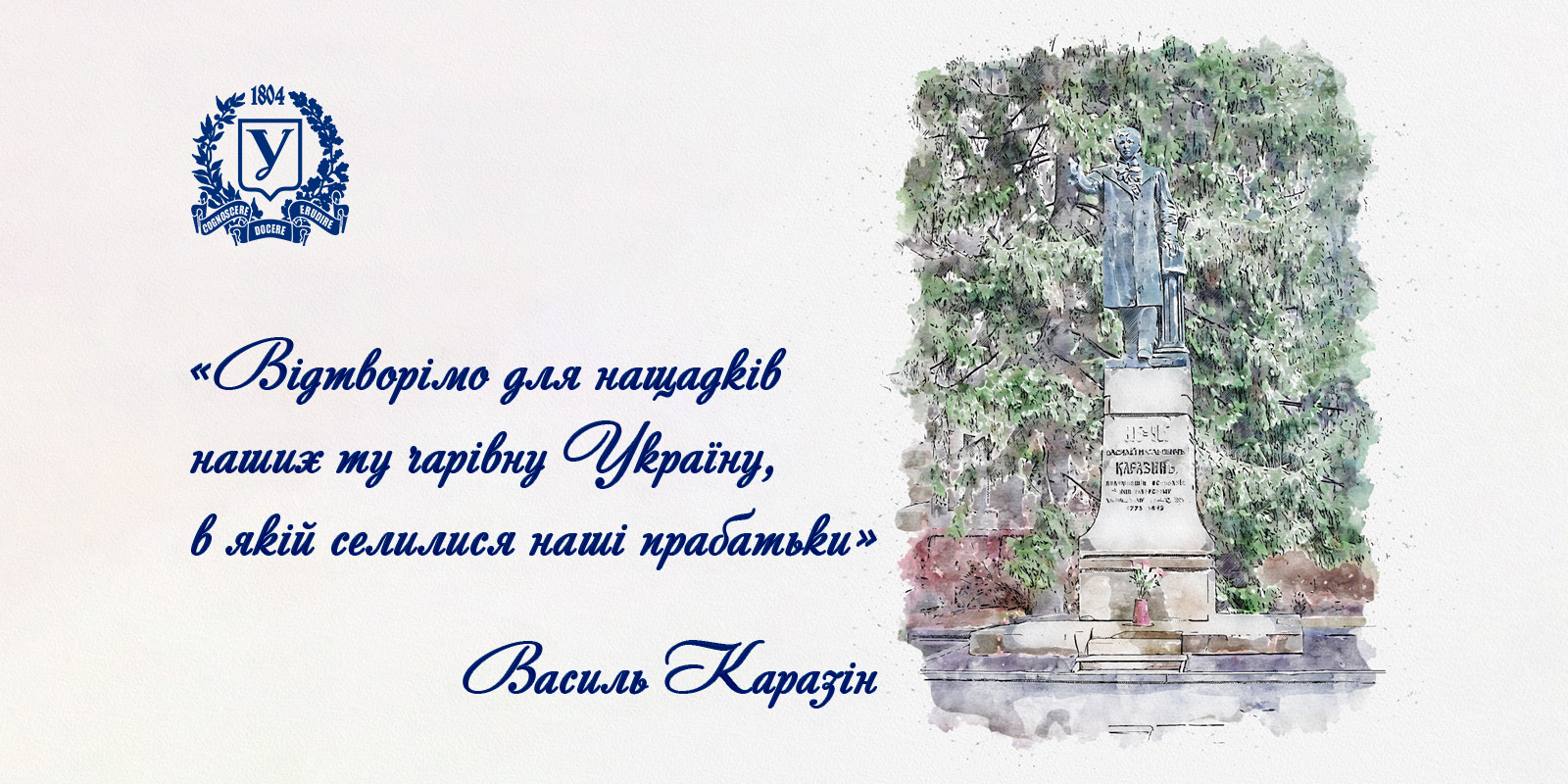
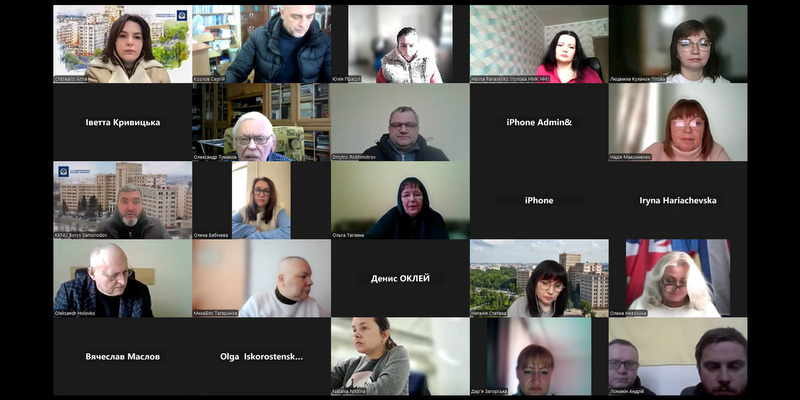
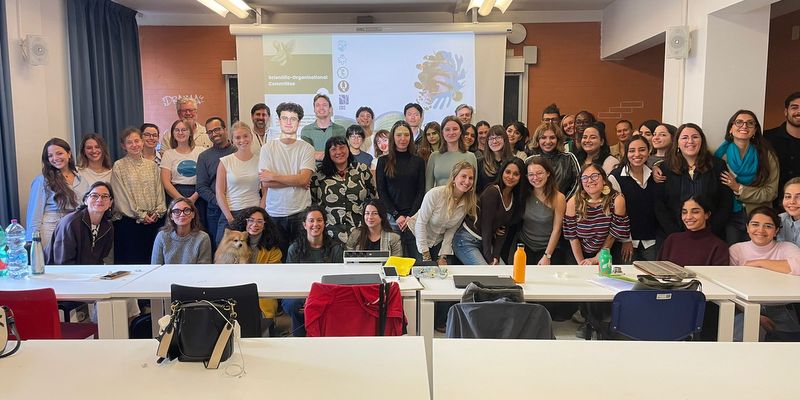
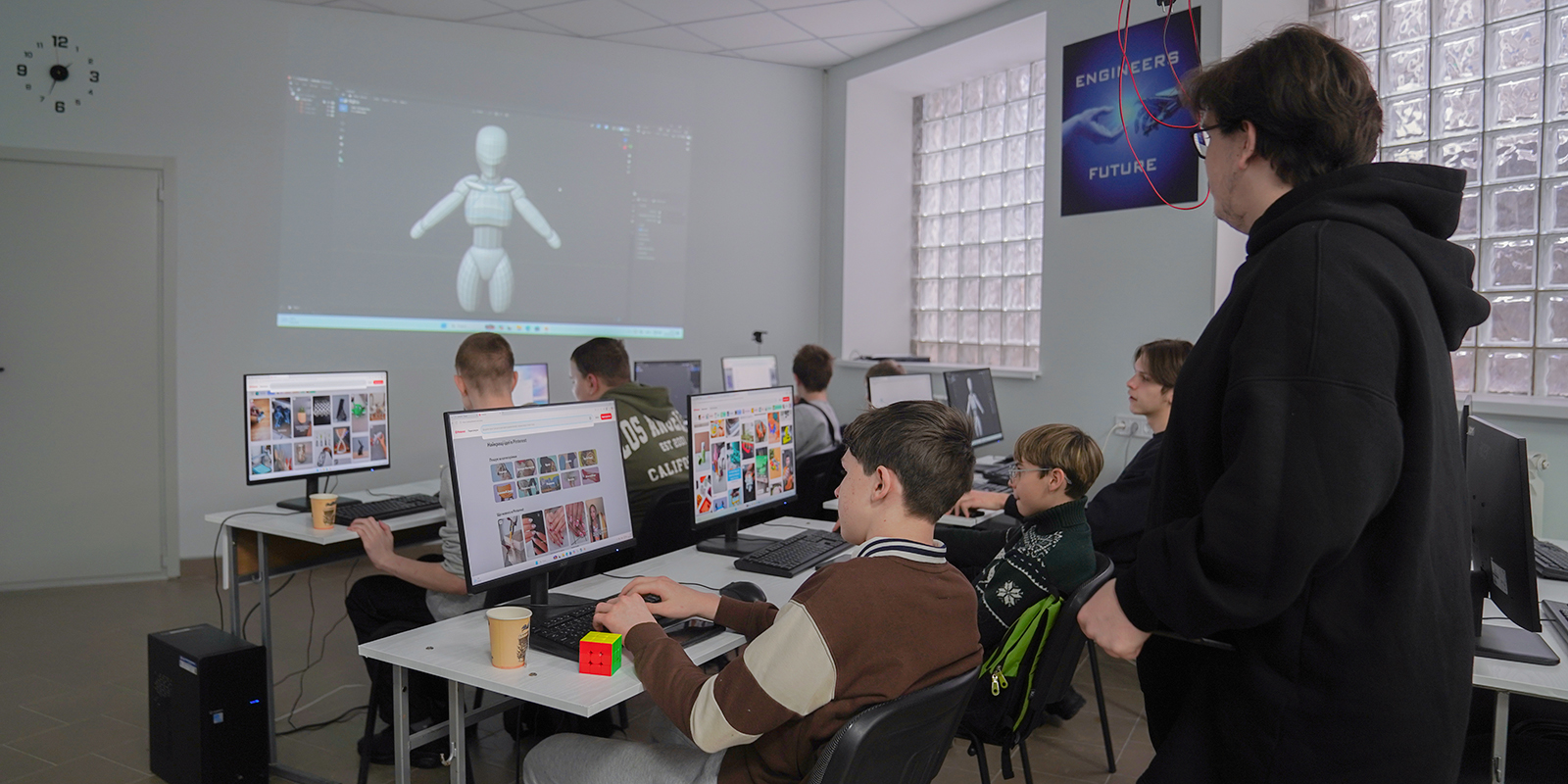
.jpg)
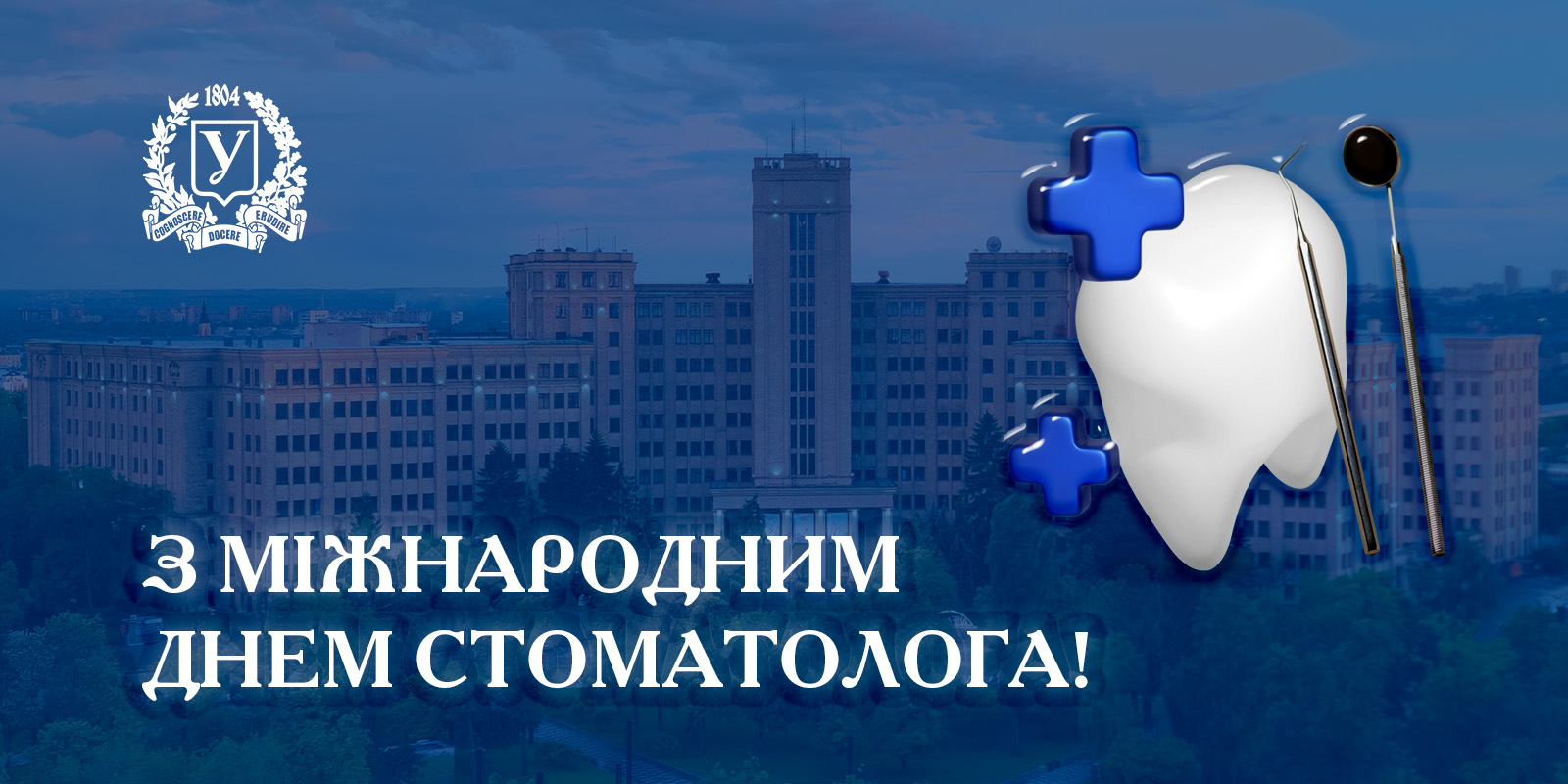
%20(1).jpg)
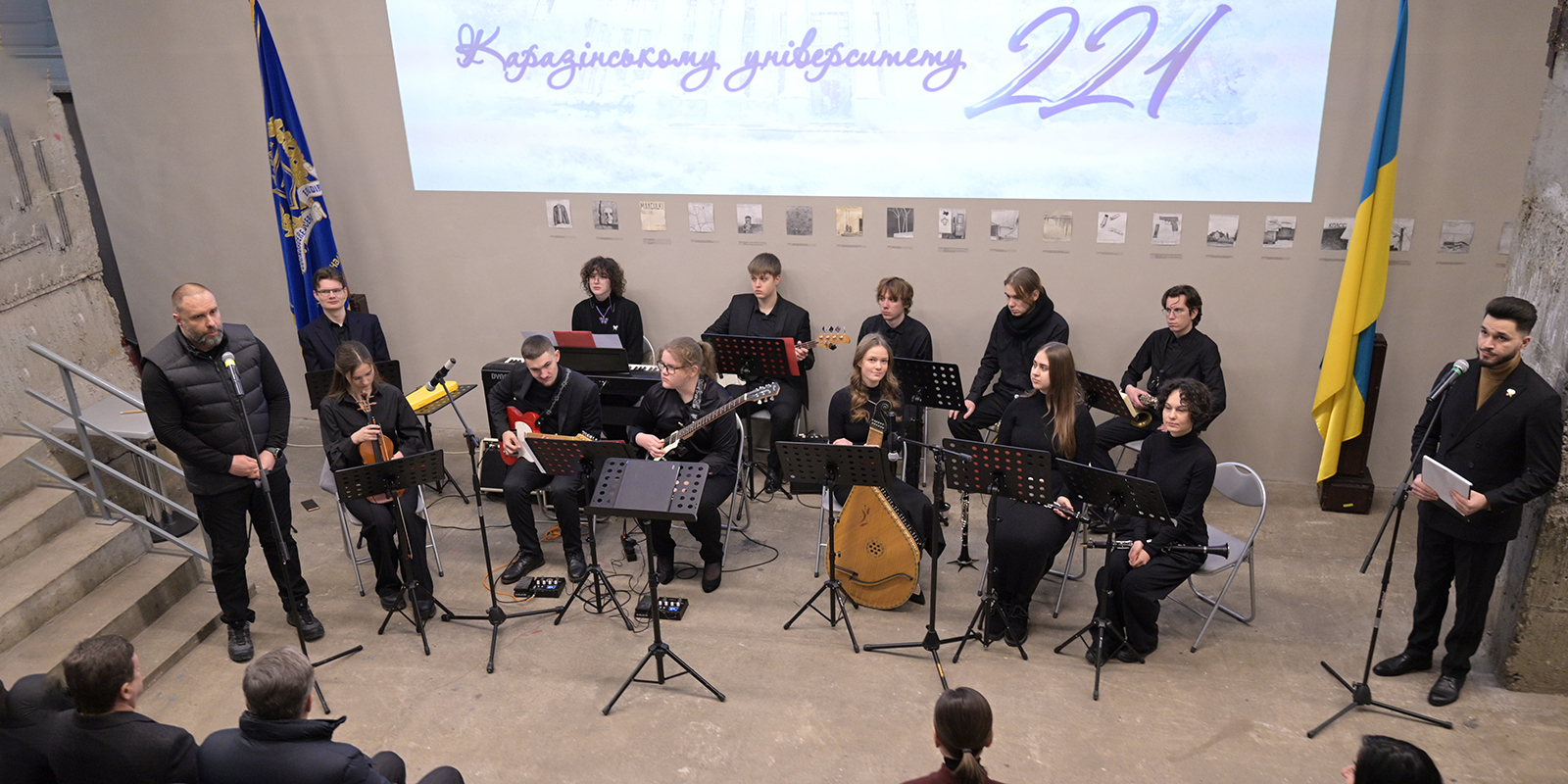
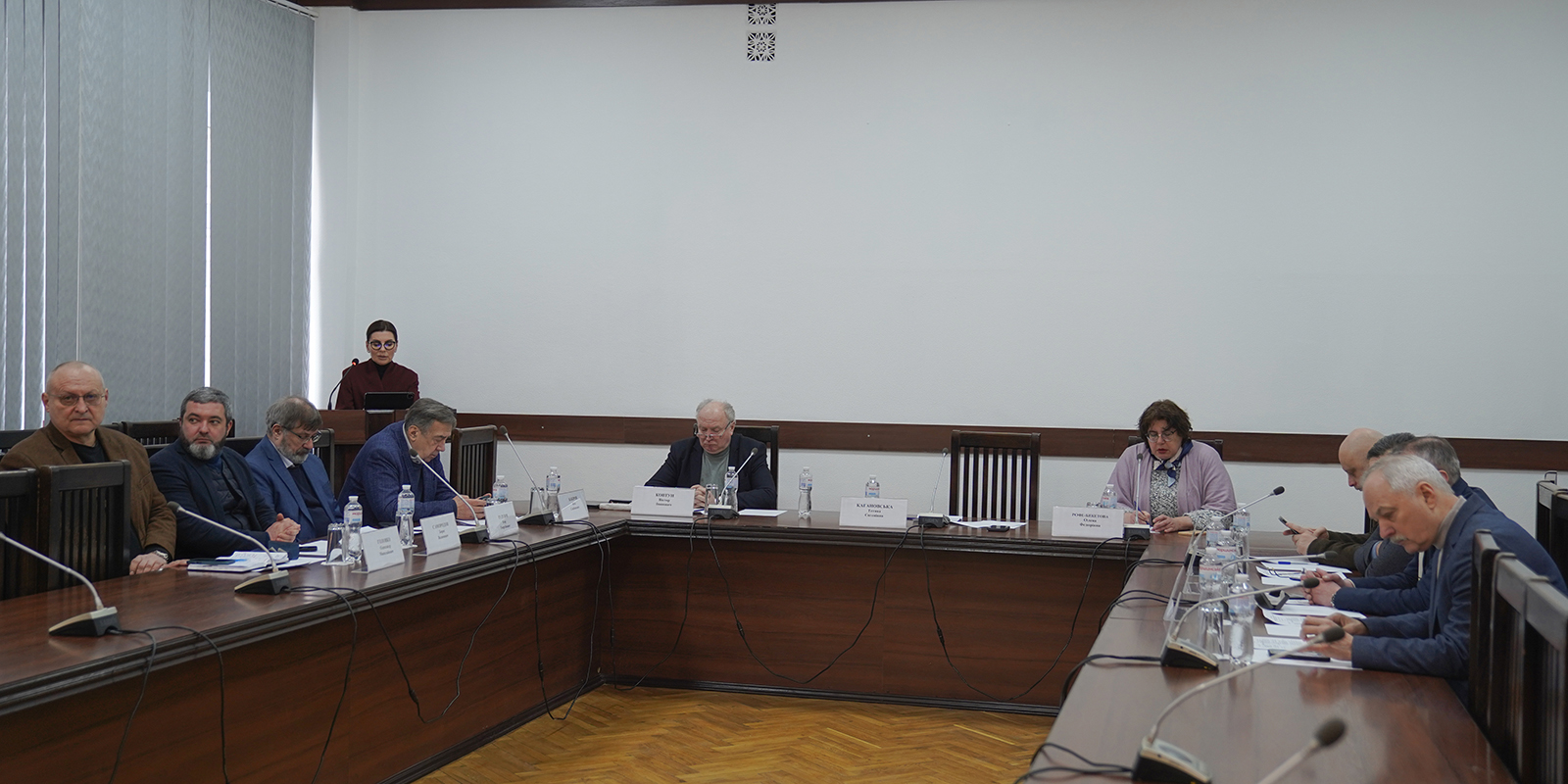
%20(1).png)